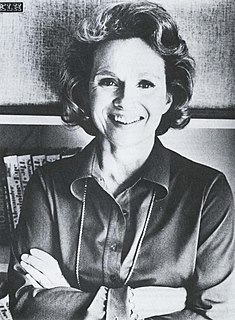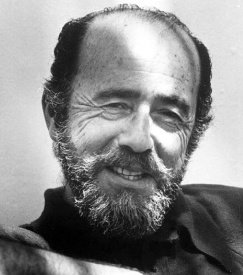A Quote by Susan Sontag
When you see your 40-page essay turned into a "hot tip" in one paragraph in Newsweek, you get anxious about the way your writing has been used.
Related Quotes
We used to have MTV and all these ways we can show our videos, and it was these rap shows, and it was everything. And then it became not cool to be conscious; it became cool to just hang out. Escapism rap became the norm. And, when I say "escapism rap", I mean getting high, get your cars, get your money, get your jewelry, go to the club, have your women, and it just became all about escaping your reality and not making your reality better on a real tip; not just on the have fun tip.
Now the truth is, writing is a great way to deal with a lot of difficult emotional issues. It can be very therapeutic, but that's best done in your journal, or on your blog if you're an exhibitionist. Trying to put a bunch of *specific* stuff from your personal life into your story usually just isn't appropriate unless you're writing a memoir or a personal essay or something of the sort.
What I think is important about essayists, about the essay as opposed to a lot of personal writing is that the material has to be presented in a processed way. I'm just not interested in writing, "Hey, this is what happened to me today." You get to a place that has very little to do with your personal experience and talks about some larger idea or something in the culture. I don't think you can get to that unless you have had a lot of time to gestate and maybe if I was taking a lot of notes while stuff was going on, I wouldn't be able to get to that place as easily.
When you're writing TV or movies your vernacular is time, it's all based on rhythms, a character takes a beat or two characters have a moment, like everything is about time. And when you're writing a comic, everything is about space. It's how many panels to put on a page, when should you do a full page splash, what is the detail that you see in any particular image.
There are jobs that can be done equally well by men or by women and that finally you can't see a difference. But from the moment that you involve yourself fully in writing a novel, for example, or an essay, then you are involved as a woman, in the same way that you can't deny your nationality - you are French, you are a man, you are a woman... all this passes into the writing.
Writing has to do with truth-telling. When you're writing, let's say, an essay for a magazine, you try to tell the truth at every moment. You do your best to quote people accurately and get everything right. Writing a novel is a break from that: freedom. When you're writing a novel, you are in charge; you can beef things up.
Sometimes you just have to turn the page to realize there's more to your book of life than the page you're stuck on. Stop being afraid to move on. Close this chapter of hurt, and never re-read it. It's time to get what your life deserves, and move on from the things that don't deserve you. Don't try to fix what's been broken in your past, let your future create something better.
If I was writing a lifestyle book it would have the same advice on every page, and you’d know it all already. Eat lots of fruit and vegetables, and live your whole life in every way as well as you can: exercise regularly as part of your daily routine, avoid obesity, don’t drink too much, don’t smoke, and don’t get distracted from the real, basic, simple causes of ill health. But as we will see, even these things are hard to do on your own, and in reality require wholesale social and political changes.
Whereas if you were writing an op-ed piece or an essay, somebody would be asking, "What's your point?" With poetry you can stay in a moment for as long as you want. Poetry is about metaphor, about a thing standing in for something else. It's the thing that opens out to something else. What that something else is changes for readers. So what's on the page - it falls away.
Whenever I teach writing I tell them to never revise as you go. Finish the first draft. This is my writing advice. I can't do that myself. I'm lying to everybody. I write a paragraph, and then I rewrite that paragraph. I want to feel like I'm standing on firm ground before I move on to the next paragraph. Mentally, I have to do that.



































